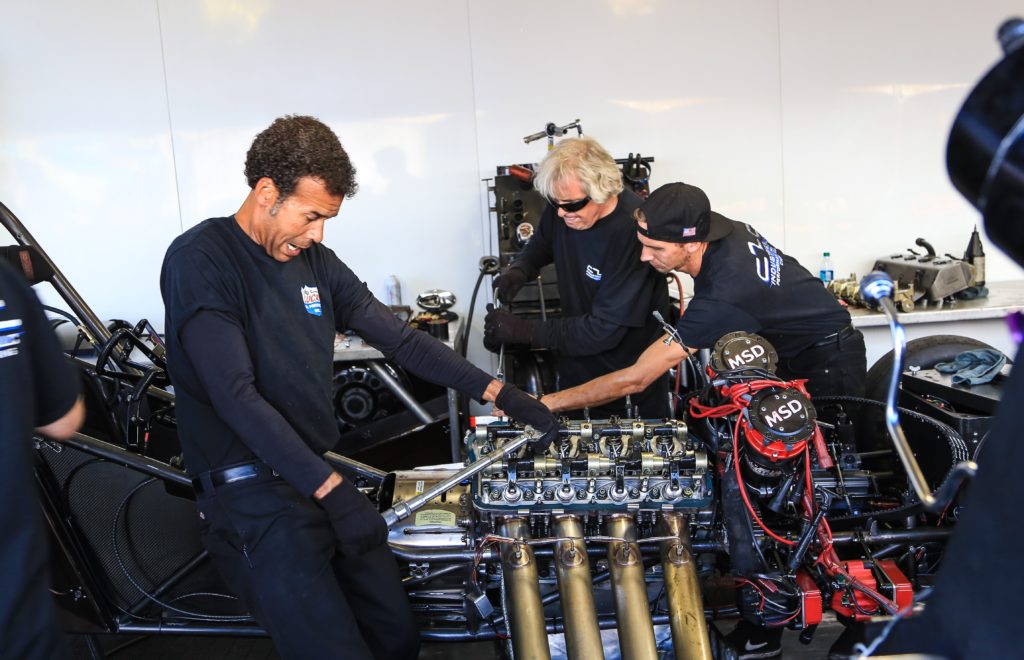Schools For Automotive Technician
Reading this post will help you understand the difference between an automotive technician and mechanic so that you can decide which profession is the best fit for you.
Automotive Technician

An automotive technician is responsible for diagnosing and repairing issues with cars, trucks, and other vehicles. They use specialized equipment to identify problems and determine the best course of action to fix them. Automotive technicians typically work in repair shops, dealership service centers, or automotive manufacturers. They need to have strong problem-solving and communication skills, as well as a deep understanding of vehicle mechanics and technology.
One of the main benefits of becoming an automotive technician is the potential for high earnings. According to the Bureau of Labor Statistics, the median annual salary for automotive service technicians and mechanics was $44,050 in May 2020. Additionally, there is a high demand for skilled automotive technicians, with an expected job growth rate of 4% from 2019 to 2029.
Mechanic

A mechanic, on the other hand, has a broader range of expertise than an automotive technician. While mechanics are still responsible for diagnosing and repairing vehicle issues, they can also work on other types of machinery, such as airplanes, boats, and industrial equipment. Mechanics often work in repair shops or factories, and they need to have strong critical thinking and problem-solving skills.
One of the main benefits of becoming a mechanic is the variety of job opportunities available. Mechanics can work in a variety of industries, from automotive repair to aviation to manufacturing. Additionally, the median annual salary for industrial machinery mechanics, machinery maintenance workers, and millwrights was $54,920 in May 2020.
Training and Education
To become an automotive technician, you typically need a certification from a vocational program or community college. These programs typically take between six months and two years to complete, and they cover topics such as engine repair, electrical systems, and computer diagnostics. Some employers also require a high school diploma or equivalent.
To become a mechanic, you typically need a high school diploma or equivalent, as well as a vocational program or apprenticeship. These programs typically take between one and two years to complete, and they cover topics such as welding, hydraulics, and pneumatics. Some employers also require certification from the National Institute for Automotive Service Excellence (ASE).
Tips for Success
1. Stay up-to-date on technology: Both automotive technicians and mechanics need to have a deep understanding of the latest vehicle technology. Keep up with new developments by attending seminars and training programs.
2. Build a network: Developing relationships with other professionals in the industry can help you find job opportunities and advance in your career. Attend industry events and join professional organizations.
How to Get Started
Interested in becoming an automotive technician or mechanic? Here are some steps to get started:
1. Research vocational programs and apprenticeships in your area. Look for programs that are accredited and offer hands-on training.
2. Consider getting certified by the ASE. This can help you stand out to potential employers and advance in your career.
3. Gain experience through internships or entry-level positions. This can help you develop your skills and build your resume.
Frequently Asked Questions
1. What qualifications do I need to become an automotive technician or mechanic?
To become an automotive technician, you typically need a certification from a vocational program or community college. To become a mechanic, you typically need a high school diploma or equivalent, as well as a vocational program or apprenticeship.
2. How much money can I make as an automotive technician or mechanic?
According to the Bureau of Labor Statistics, the median annual salary for automotive service technicians and mechanics was $44,050 in May 2020. The median annual salary for industrial machinery mechanics, machinery maintenance workers, and millwrights was $54,920 in May 2020.
3. What kind of work environment can I expect as an automotive technician or mechanic?
Automotive technicians and mechanics typically work in repair shops, dealership service centers, or automotive manufacturers. Mechanics may also work in other industries, such as aviation, manufacturing, and construction.
4. What kind of skills do I need to be successful as an automotive technician or mechanic?
To be successful as an automotive technician or mechanic, you should have strong problem-solving, critical thinking, and communication skills. You should also be knowledgeable about the latest vehicle technology and have strong technical skills.
5. How can I advance in my career as an automotive technician or mechanic?
To advance in your career as an automotive technician or mechanic, you can seek additional training or certification, gain experience in a specific area, or move into a supervisory or managerial role.